News and events from USTB about research, science and technology, social science, art,
faculty and staff, students life and issues happening all around the world.
Topics
Date
Views
Prof. ZHANG Shouhua passed away in Beijing on 17 December 2022 at the age of 106 after illness. He was a scientist of metallic materials, an educator of metallurgy, a main founder and pioneer of the Department of Metallic Materials and the major of Metallurgical Heat Treatment at the Beijing Institute of Iron and Steel Technology (now University of Science and Technology Beijing, USTB), and one of the key architects of the Beijing Institute of Iron and Steel Technology.
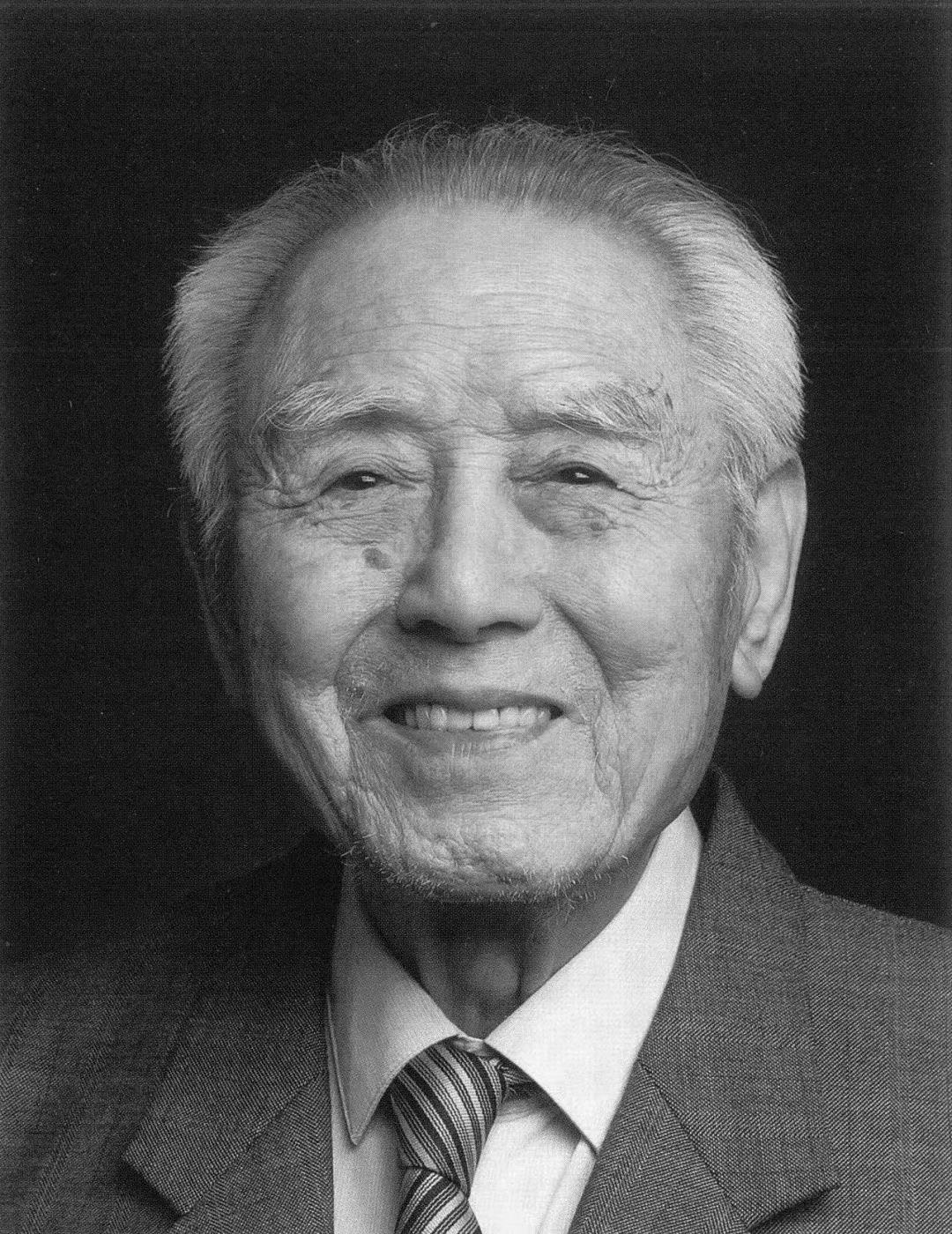
Prof. ZHANG Shouhua was born in Suzhou, Jiangsu Province on 26 October 1917, and was admitted into the Department of Mining and Metallurgy at Tangshan Engineering Institute (National) Jiaotong University in 1935, and then worked at the Dadukou Iron and Steel Works and the Jijiang Electronic Smelter in Sichuan Province. In 1944, he went to the Carnegie Institute of Technology (now Carnegie Mellon University) for master’s study, and then worked for the Westinghouse Electric and the Metals Research Laboratory at Carnegie Institute of Technology. In 1948, Prof. ZHANG returned to China to teach in Tangshan Engineering Institute (National) Jiaotong University. In 1952, Prof. ZHANG was appointed as a member of the Preparatory Committee for the founding of the Beijing Institute of Iron and Steel Technology, and later served as Professor and Head of the Department of Metallurgical Heat Treatment, the Department of Metal Processing and the Department of Metallurgy (later as the Department of Materials Science and Engineering). Prof. ZHANG was appointed as one of the first PhD supervisors in China in 1981 and retired with great honor in 1995.
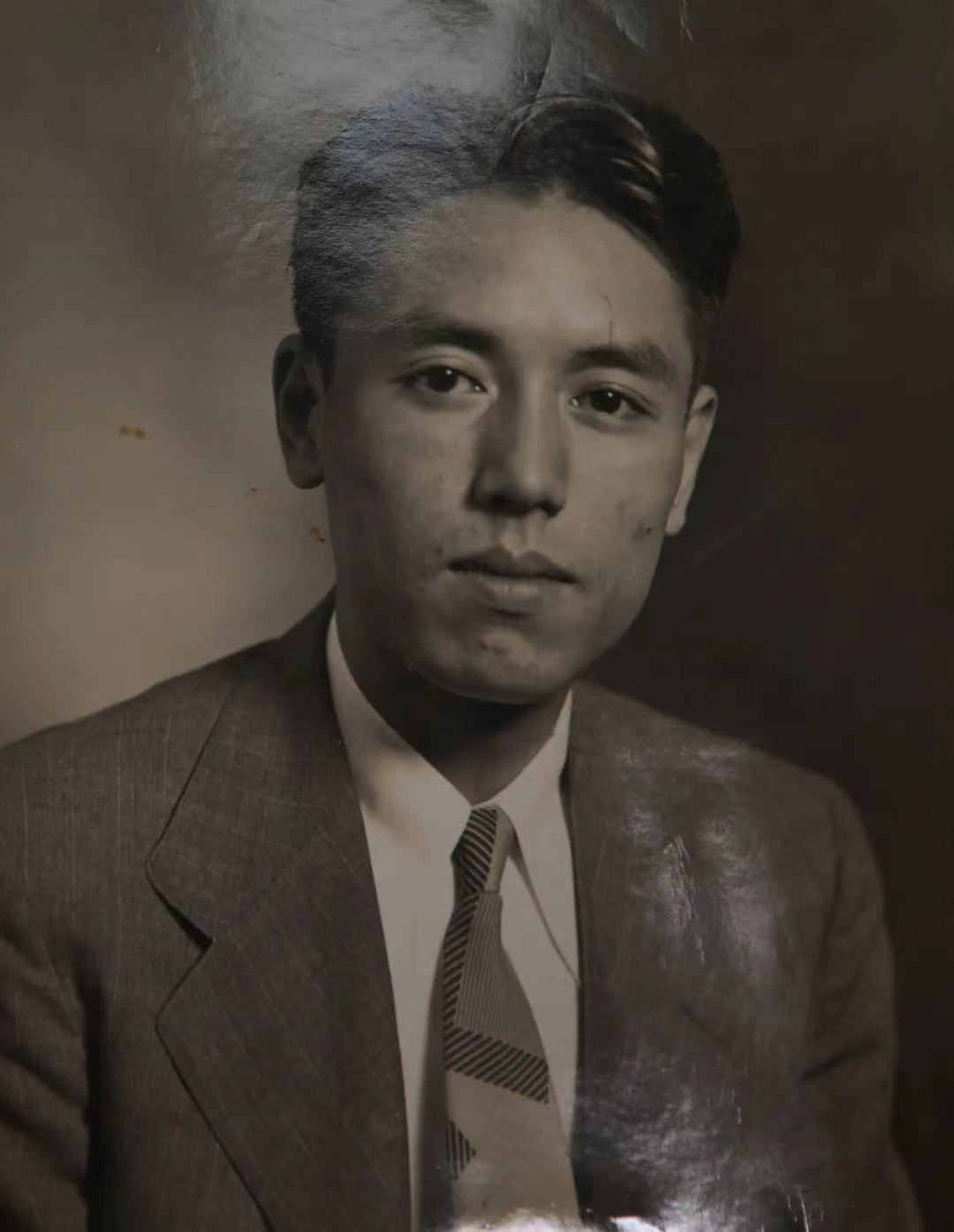
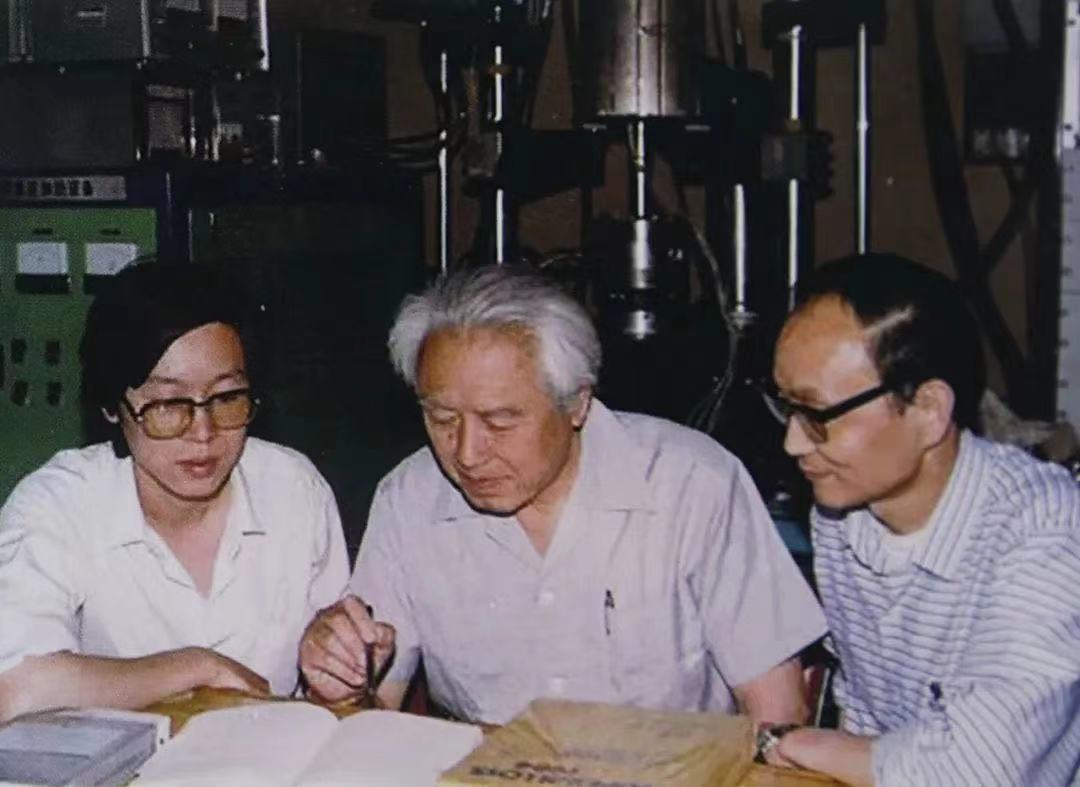
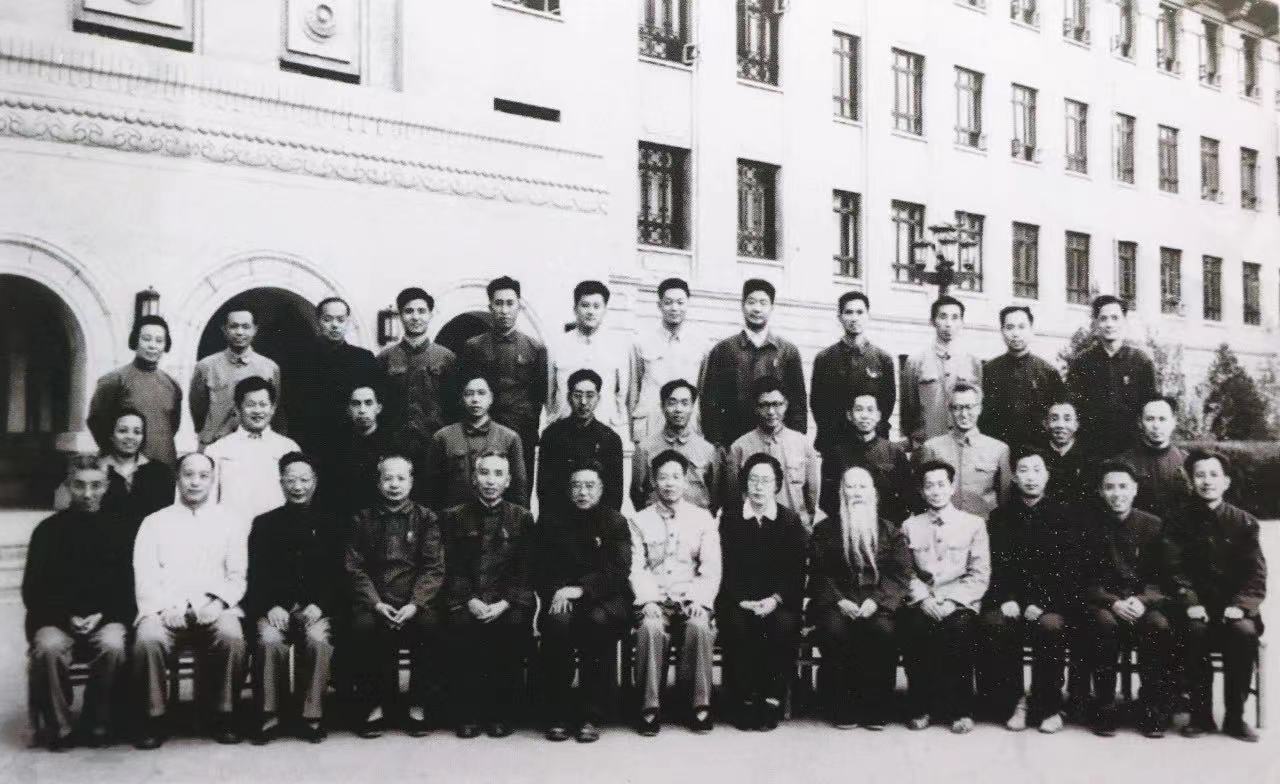
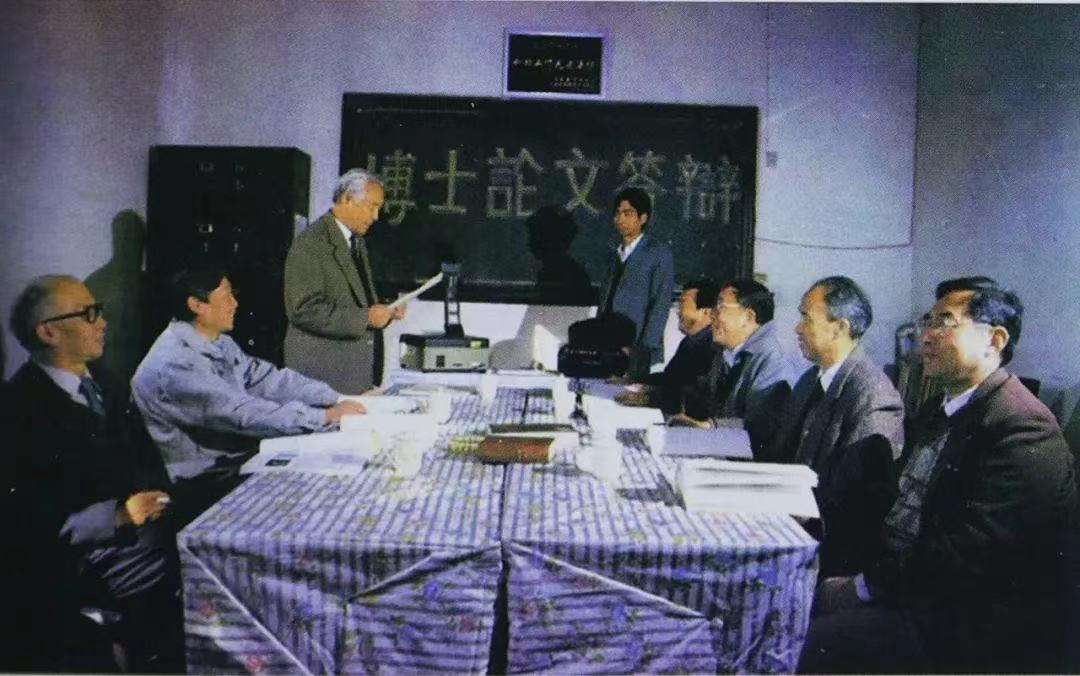
Prof. ZHANG Shouhua presided over the establishment of China’s first Metallurgical Heat Treatment major and trained a large number of scientific and technological talents. He edited the first textbook on alloy steels in China. The renamed and revised version of the book, Materials Science of Iron and Steel , won the first prize of the ministry-level higher education textbooks and the second prize and medal of the “National Teaching Achievement Award”. The research results obtained under Prof. ZHANG’s leadership, such as the influences of alloying elements and the rules of composition design in steels, played an important role in the successful development of the low-alloy steel with ultra-high strength, which was used for the shell of the first artificial satellite of China, “Dong Fang Hong 1”. In recognition of his outstanding contributions to the field of scientific research, Prof. ZHANG has received many national rewards, such as “Outstanding Individual” “Important Contribution to National Science and Technology Research” and many others from different state departments of China. His deeds have been included in the Chinese Science and Technology Experts Biography and The 20th Century Academic Achievements of Renowned Scientists in China Overview. 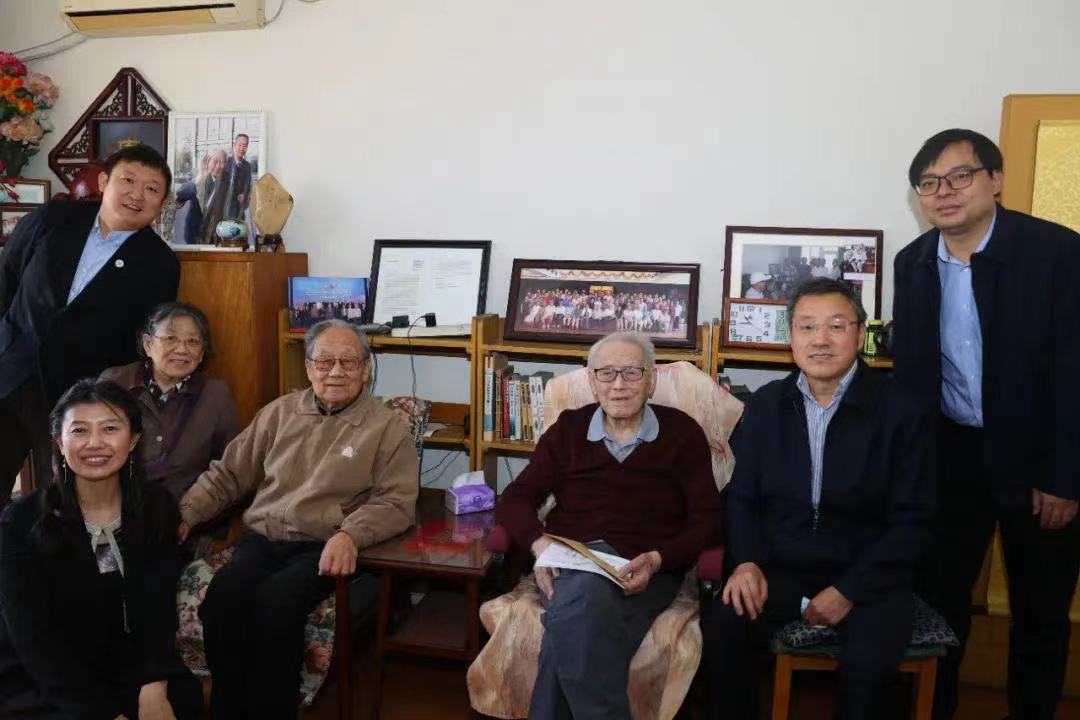
Prof ZHANG Shouhua was a man of integrity and perseverance who dedicated his life to the pursuit of truth rather than seeking out fame and wealth. In fact, he was entirely devoted to the rigours of higher education and material science research, contributing significantly to education and the development of the discipline in China. Beloved by his colleagues and serving as an inspiring mentor to countless students and researchers, Prof Zhang will always remain as a model for future generations.
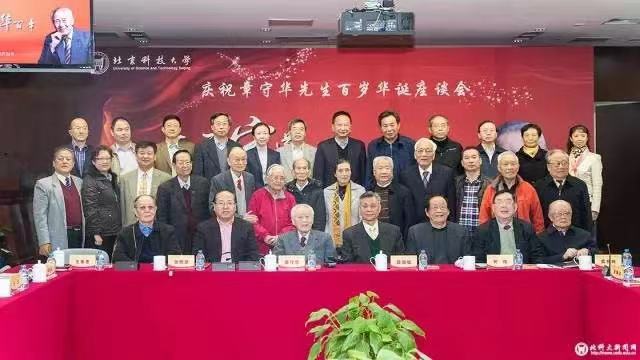
The death of Prof Zhang Shouhua, a great scholar and a generational talent is a tremendous loss to the material science fraternity, the education community and the University of Science of Technology Beijing. We mourn the passing of Prof. ZHANG and shall remember him.
His family desires a simple funeral and as such there will not be any plans for a lavish farewell ceremony. 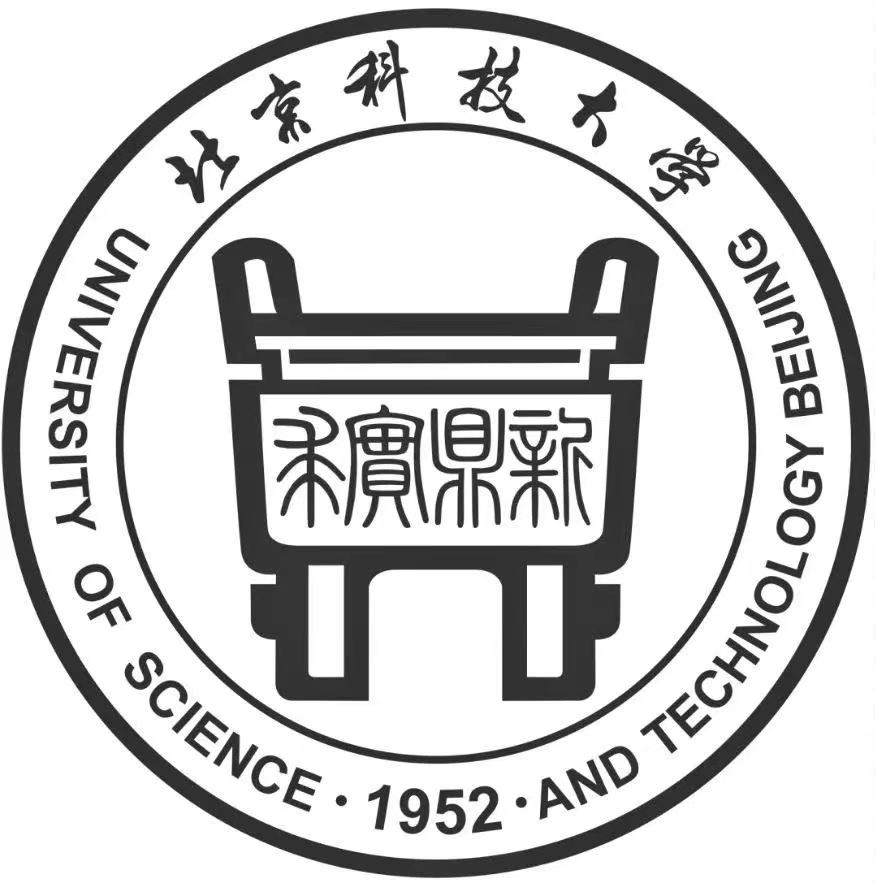
Topics
Date
Views